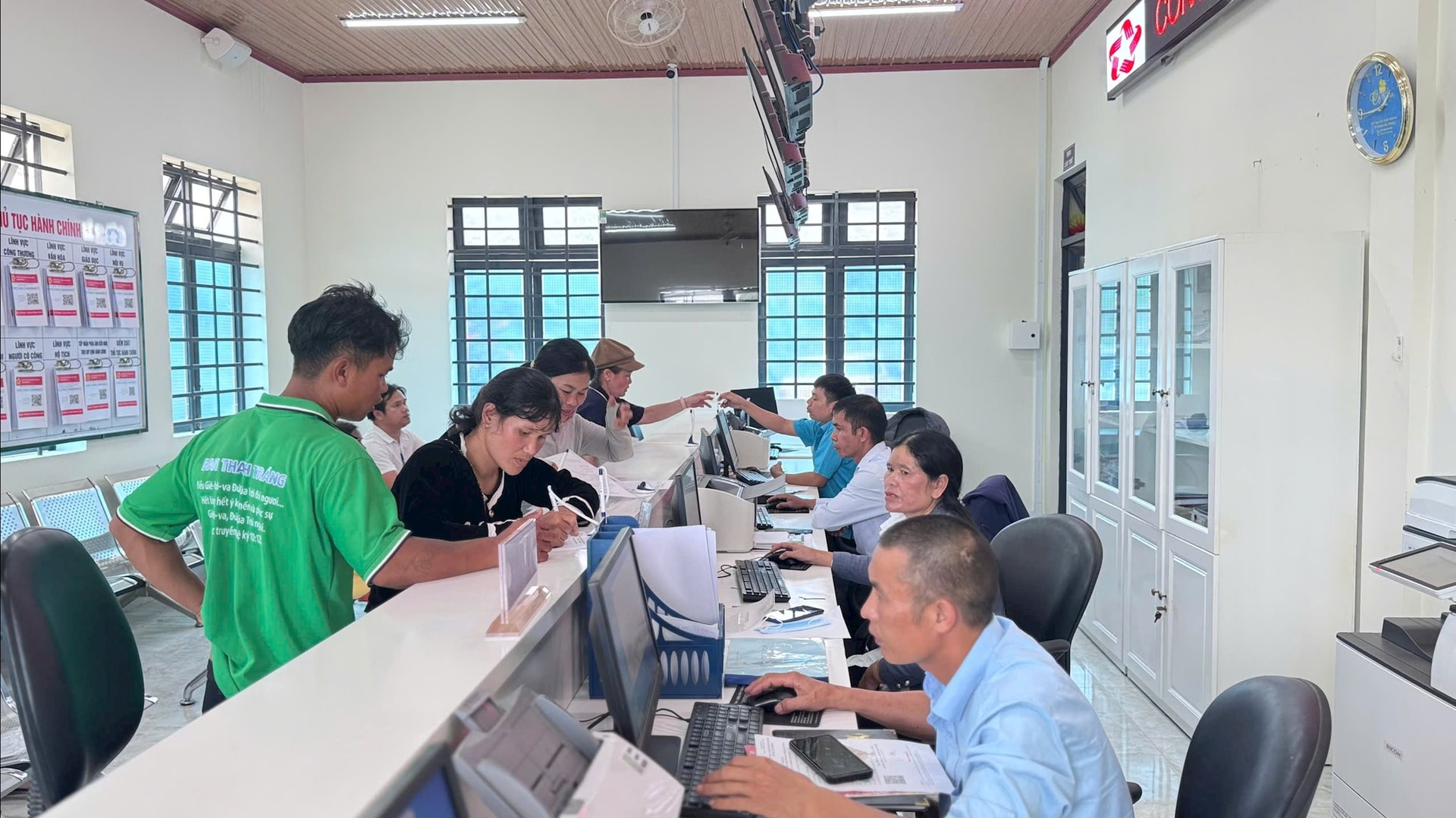
Lam Dong province has 49 ethnic groups living together, of which more than 683,000 are ethnic minorities, accounting for 17.6% of the province's population. Ethnic minorities live from the Central Highlands mountains to coastal communes, with many diverse and rich customs and practices. In the province, there are 312 legal religious establishments, 24 religious organizations recognized by the State with about 1,670,000 followers (accounting for 43% of the population); 1,292 legal religious establishments and 4 religious training establishments. This has created a colorful cultural and social picture, contributing to the socio -economic development of the province.
According to the leader of the Department of Ethnic Minorities and Religions, the unit has directed specialized departments to review and evaluate the specific implementation results of each assigned field to promptly advise and propose the implementation of common tasks. The Department has quickly put into stable operation, without any work interruptions or bottlenecks, and resolved outstanding work...
At Dam Rong 4 commune, Mr. Khong Huu Kien - Chairman of the People's Committee of the commune said that with the locality having over 90% of ethnic minorities and most of them being religious, the workload related to ethnic and religious affairs is very large. The locality has also proactively worked with Party cells and religious organizations to grasp the thoughts and lives of the people.
The civil servants assigned to the task are local ethnic minorities, so they are close to and can easily exchange work with the people, especially the elderly who are not fluent in the common language. Currently, ethnic and religious work is still guaranteed, but in the long term, holding multiple positions, especially during traditional holidays and New Year, will be very difficult because the locality has a large population and a huge workload.
The Department of Ethnic Minorities and Religions said that at the commune level, the locality has assigned a department head or deputy department head and 1 civil servant from the cultural and social department of the communes, wards, and special zones to be in charge of ethnic and religious work. With 124 communes, wards, and special zones, the total number of civil servants in charge of ethnic and religious work at the commune level is currently 248. However, the majority of civil servants performing ethnic and religious tasks at the commune level are part-time, transferred from many different agencies and units to work in new communes, so the coordination in performing tasks is not uniform.
Especially in remote, border, island and particularly difficult areas, there is a lack of management experience and limited operational capacity, unable to meet the new workload. The current staff and civil servants are mostly transferred from the previous district and commune levels, so when operating under the new model, their capacity cannot meet the work requirements, and they are still confused in the stages of handling and operating the 2-level model.
Therefore, the Department of Ethnic Minorities and Religions recommends that ministries and branches urgently issue circulars and documents with detailed, specific and unified guidance so that localities have a basis to implement Decree 124/2025/ND-CP on decentralization and delegation; defining the authority of local authorities at 2 levels in the field of ethnic, belief and religious affairs in a synchronous manner.
At the same time, focus on training, fostering knowledge of ethnic and religious affairs and arranging personnel; prioritize budget allocation to localities, especially disadvantaged localities, to ensure that decentralized activities are effectively implemented...
Source: https://baolamdong.vn/bao-dam-cong-tac-dan-toc-ton-giao-trong-mo-hinh-chinh-quyen-dia-phuong-2-cap-387791.html


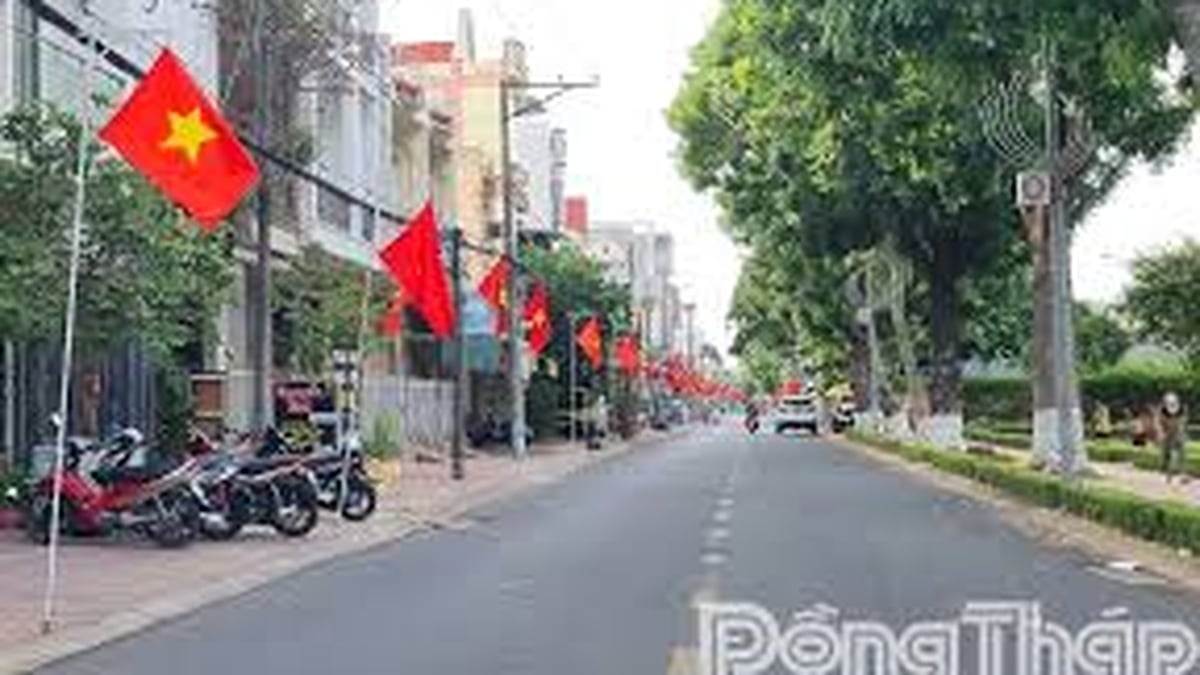


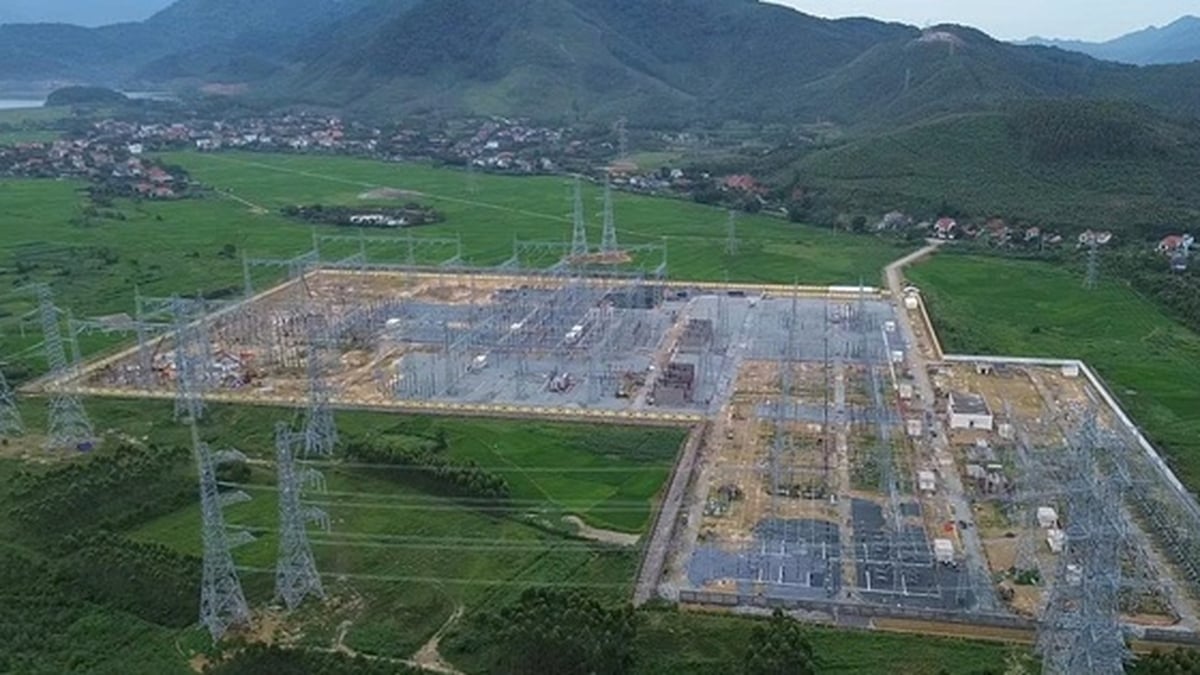
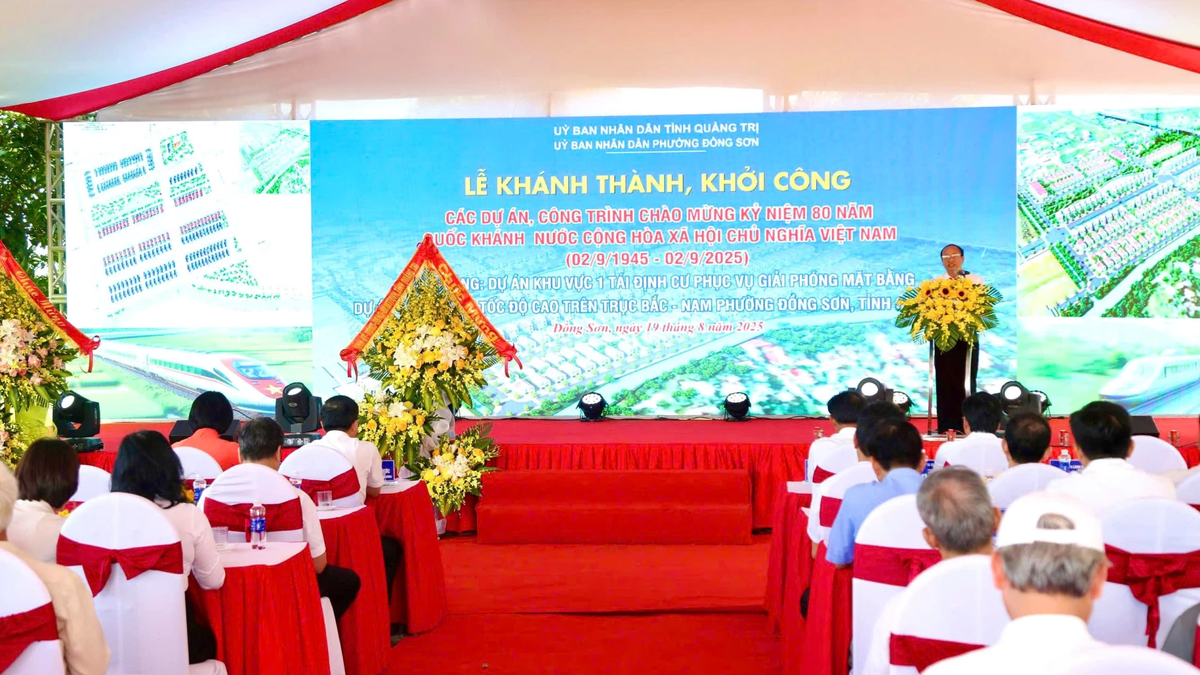
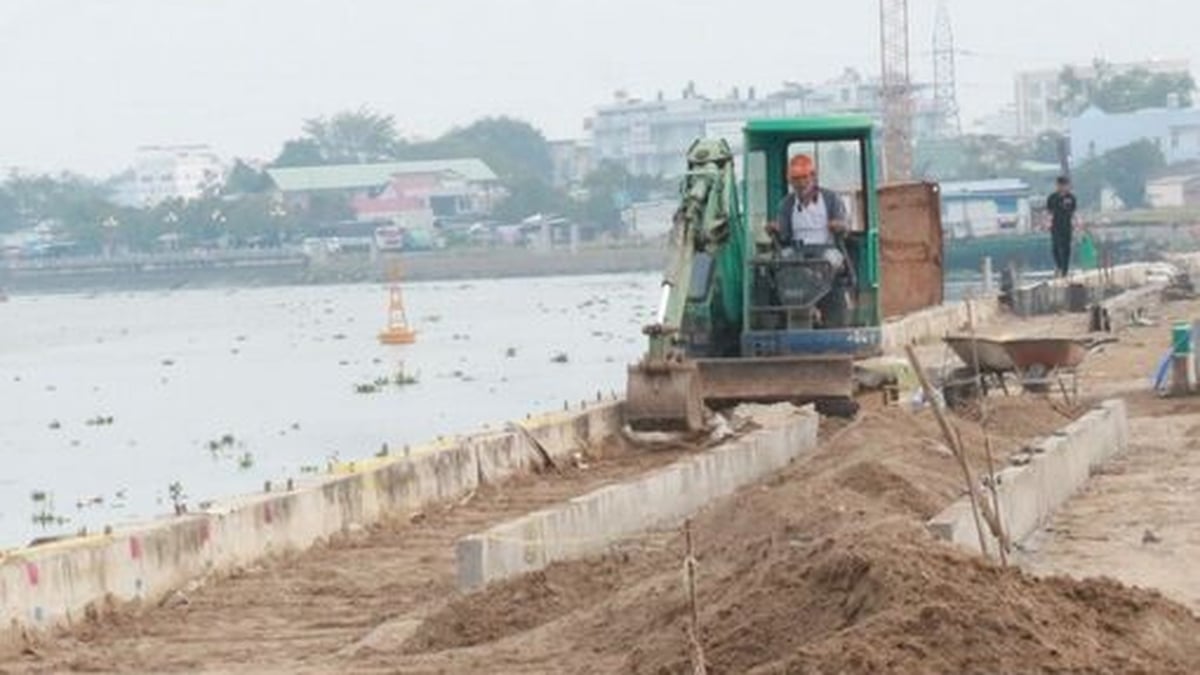
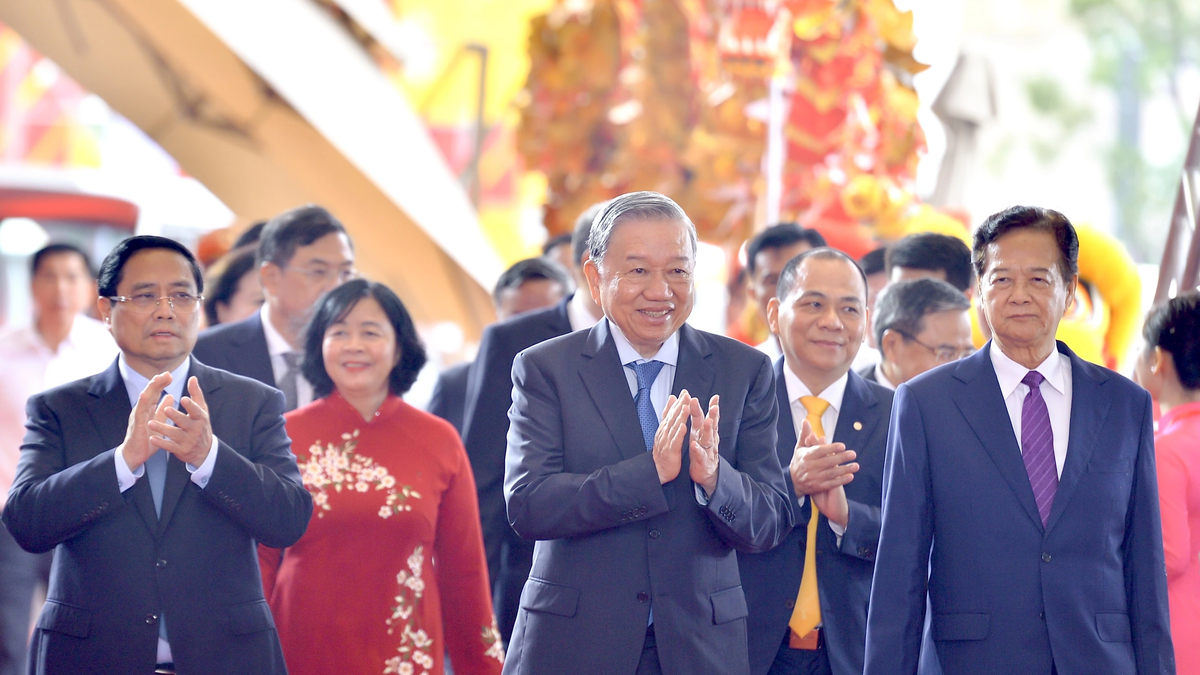



















![[Photo] Close-up of the first International Financial Center building in Ho Chi Minh City](https://vphoto.vietnam.vn/thumb/1200x675/vietnam/resource/IMAGE/2025/8/19/3f06082e1b534742a13b7029b76c69b6)
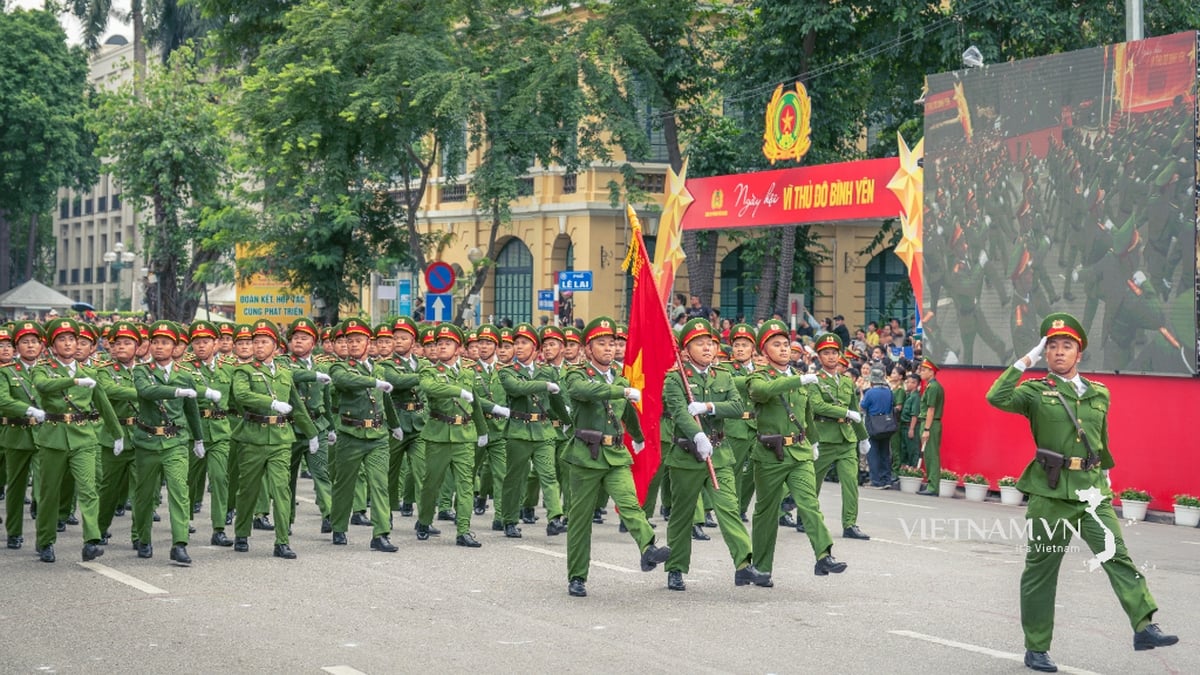
![[Photo] General Secretary To Lam and President Luong Cuong attend the handover ceremony of the Presidential Office Headquarters](https://vphoto.vietnam.vn/thumb/1200x675/vietnam/resource/IMAGE/2025/8/19/a37cfcbd301e491990dec9b99eda1c99)
![[Photo] Prime Minister Pham Minh Chinh attends the opening ceremony of the National Data Center](https://vphoto.vietnam.vn/thumb/1200x675/vietnam/resource/IMAGE/2025/8/18/b5724a9c982b429790fdbd2438a0db44)
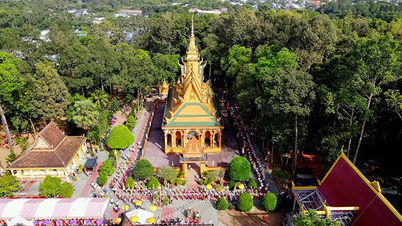

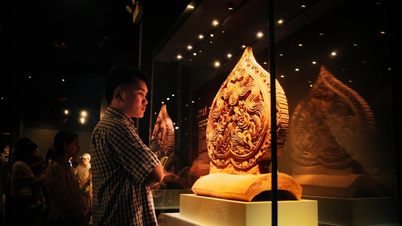



















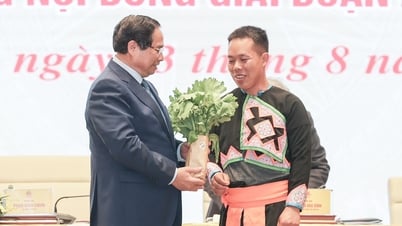






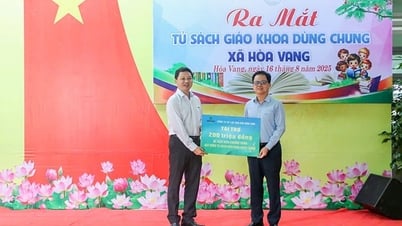


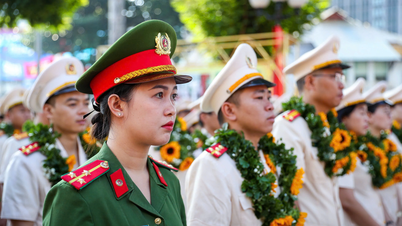







































Comment (0)